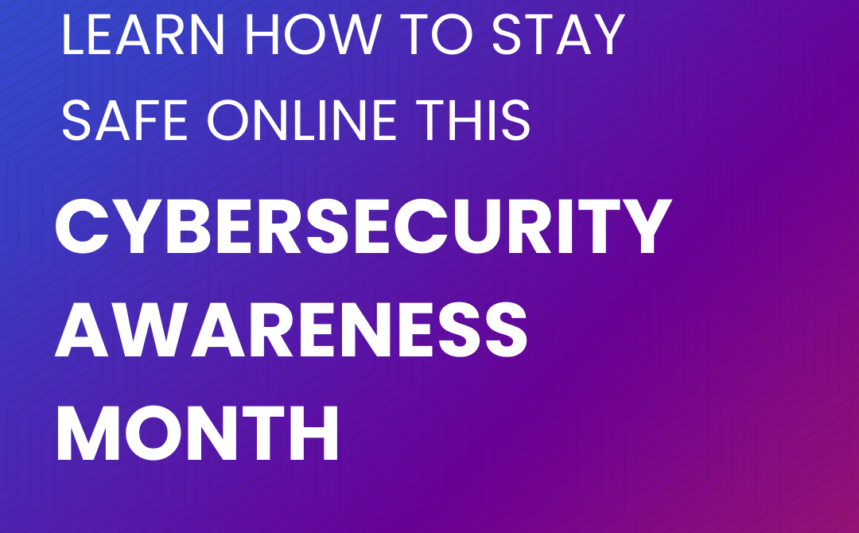Today we’re talking about crucial steps you can take if you suspect you’ve encountered a cyber crime.
Recognizing the Signs of Cyber Crime
Recognizing the signs of cyber crime is the first step in safeguarding your digital life. Cyber criminals often use tactics like phishing emails, suspicious links, and unauthorized access to sensitive information. If you notice any unusual activity on your financial accounts, such as unrecognized transactions or changes to your account details, it could be a sign of a cyber crime.
Additionally, receiving unexpected notifications about password changes or login attempts from unknown locations are red flags. Always be vigilant about the authenticity of the communications you receive and the websites you visit. Trust your instincts; if something feels off, it probably is.
Immediate Steps to Take After Discovering a Cyber Crime
If you discover that you have been a victim of a cyber crime, it is crucial to act quickly. First, disconnect your device from the internet to prevent further unauthorized access. Next, change your passwords for all important accounts, especially your financial and email accounts. Use strong, unique passwords for each account.
Contact your bank or financial institution immediately to report the incident and freeze your accounts if necessary. They can help you monitor for any further suspicious activity. Additionally, run a full antivirus scan on your devices to remove any potential malware.
How to Report a Cyber Crime: Key Resources and Contacts
Reporting a cyber crime is essential for protecting yourself and others from further harm. Start by contacting your local law enforcement agency and providing them with all relevant details. In the United States, you can also report cyber crimes to the Internet Crime Complaint Center (IC3) at www.ic3.gov. They work with federal, state, and local authorities to investigate and combat cyber crime.
For financial crimes, notify your bank or credit union immediately. They have dedicated teams to handle such incidents and can guide you through the process of securing your accounts. Additionally, consider reporting the crime to the Federal Trade Commission (FTC) at www.ftc.gov, which tracks and investigates fraud.
This document provides valuable information on steps you can take if you suspect you’ve encountered a cyber crime.
Legal Aspects and Support: What You Need to Know
Understanding the legal aspects of cyber crime can empower you to take the right actions. Cyber crimes can fall under various legal categories such as identity theft, fraud, and unauthorized access to computer systems. Familiarize yourself with the relevant laws and your rights as a victim.
Support is available through various channels. Many organizations offer resources and assistance to victims of cyber crime. For instance, the National Cyber Security Alliance provides educational materials, and local consumer protection agencies can offer guidance. Don’t hesitate to seek legal advice if you feel overwhelmed or need help navigating the complexities of cyber crime.
Building a Cyber-Resilient Financial Future
Building a cyber-resilient financial future involves proactive steps to protect your digital assets. Regularly update your software and devices to ensure you have the latest security features. Enable two-factor authentication on your accounts to add an extra layer of security.
Stay informed about the latest cyber threats and best practices by following reputable cybersecurity sources. Participate in community efforts to promote cybersecurity awareness. By taking these steps, you not only protect yourself but also contribute to a safer digital environment for everyone.
For more information, visit the Cybersecurity & Infrastructure Security Agency https://www.cisa.gov/secure-our-world


